Phuket MP slams outdated booze ban laws and calls for reform
Calls grow to modernise licensing rules and end legal grey areas
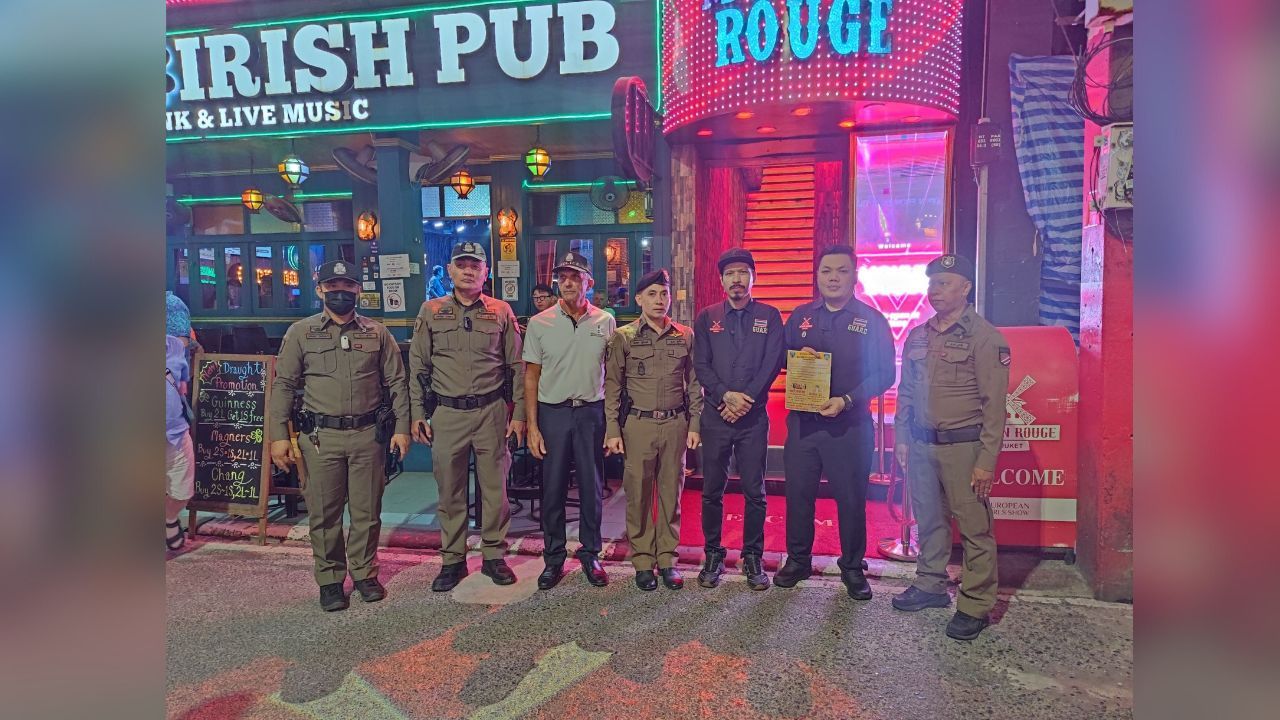
A Phuket MP criticised Thailand’s alcohol laws after a religious holiday ban caused confusion over who can sell booze, calling for urgent legal reform.
Phuket MP Chalermpong Saengdee has criticised the country’s alcohol laws for causing confusion and chaos, particularly during religious holidays, and called for urgent reform to support Thailand’s tourism and nightlife industries.
Chalermpong blasted the long-standing Entertainment Venue Act of 1966, saying its vague and outdated regulations have created inconsistency in enforcement, especially during Buddhist holidays when alcohol sales are restricted.
“It’s time to reform the Entertainment Venue Act to be modern for a sustainable nightlife economy,” Chalermpong told The Phuket News, after the latest enforcement drama unfolded during the Buddhist Lent holiday, Wan Ok Pansa, on Tuesday, October 7.
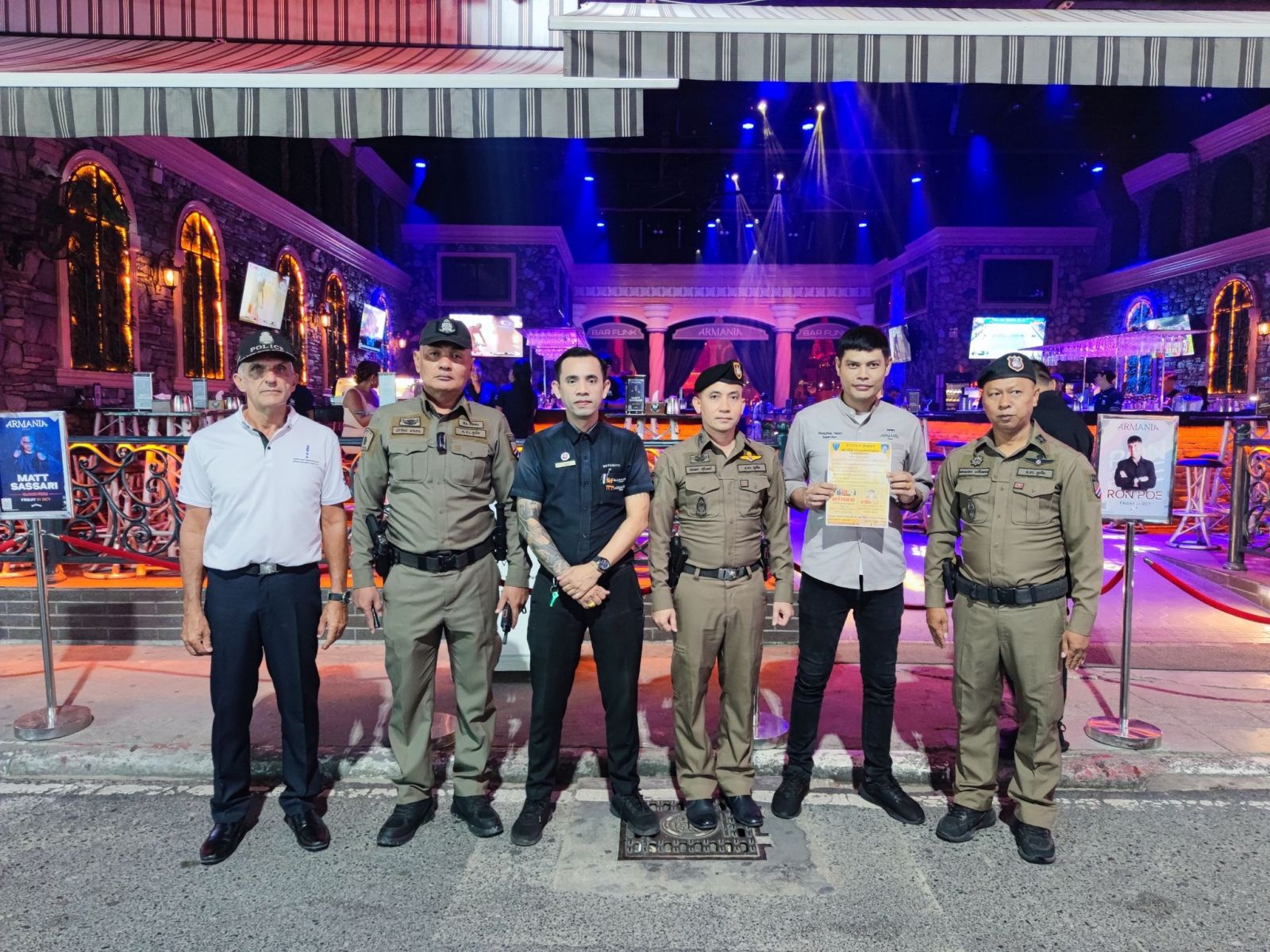
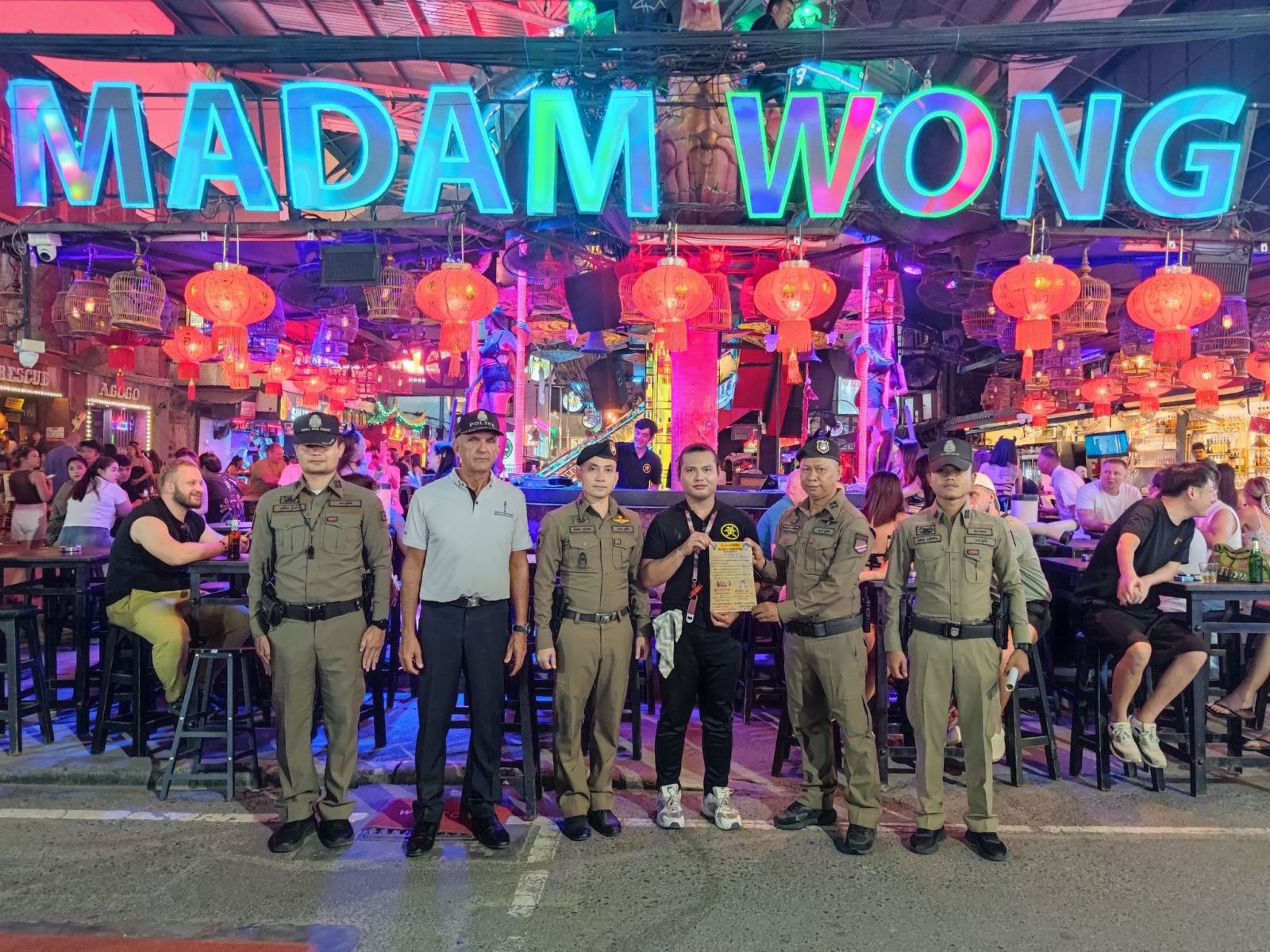
He said the law is too open to interpretation, allowing officials to selectively target businesses.
“The announcement must be for licensed entertainment venues: in zoning areas such as airports, hotels and legally licensed venues. They’re trying to avoid using the term. It’s not clear. We need to look at the definition of entertainment venues first. 7-Eleven can’t sell alcohol because they’re not entertainment venues.”
Chalermpong, a member of the People’s Party, accused the outdated law of being a “tool for bribery and extortion” and said he would propose an amendment to decentralise authority, giving local governments the power to designate entertainment zones based on the needs of their communities.
“Outdated laws have become a tool for illicit gain. Reforming this law isn’t just about entertainment; it’s about national income that should return to the people.”
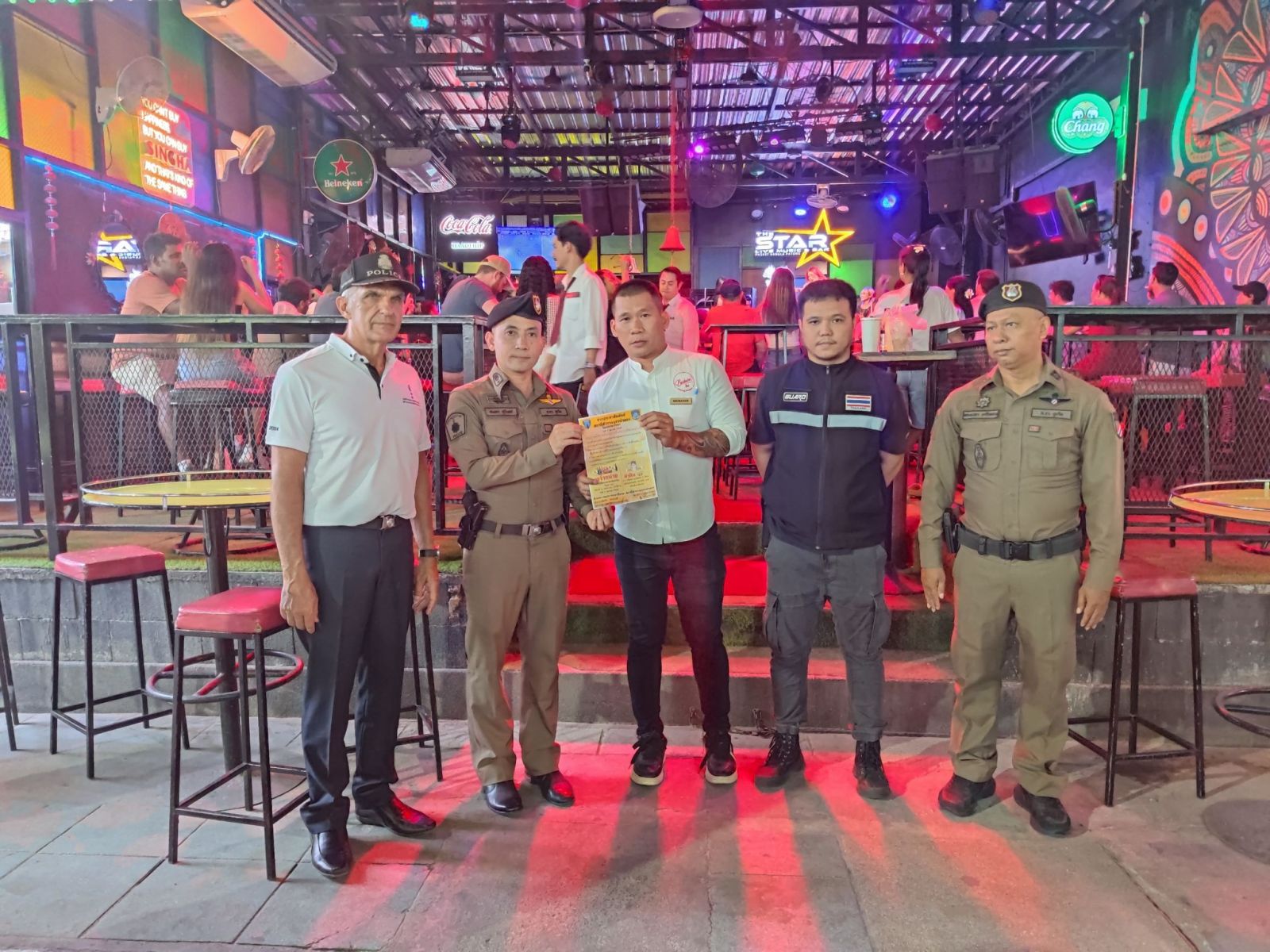
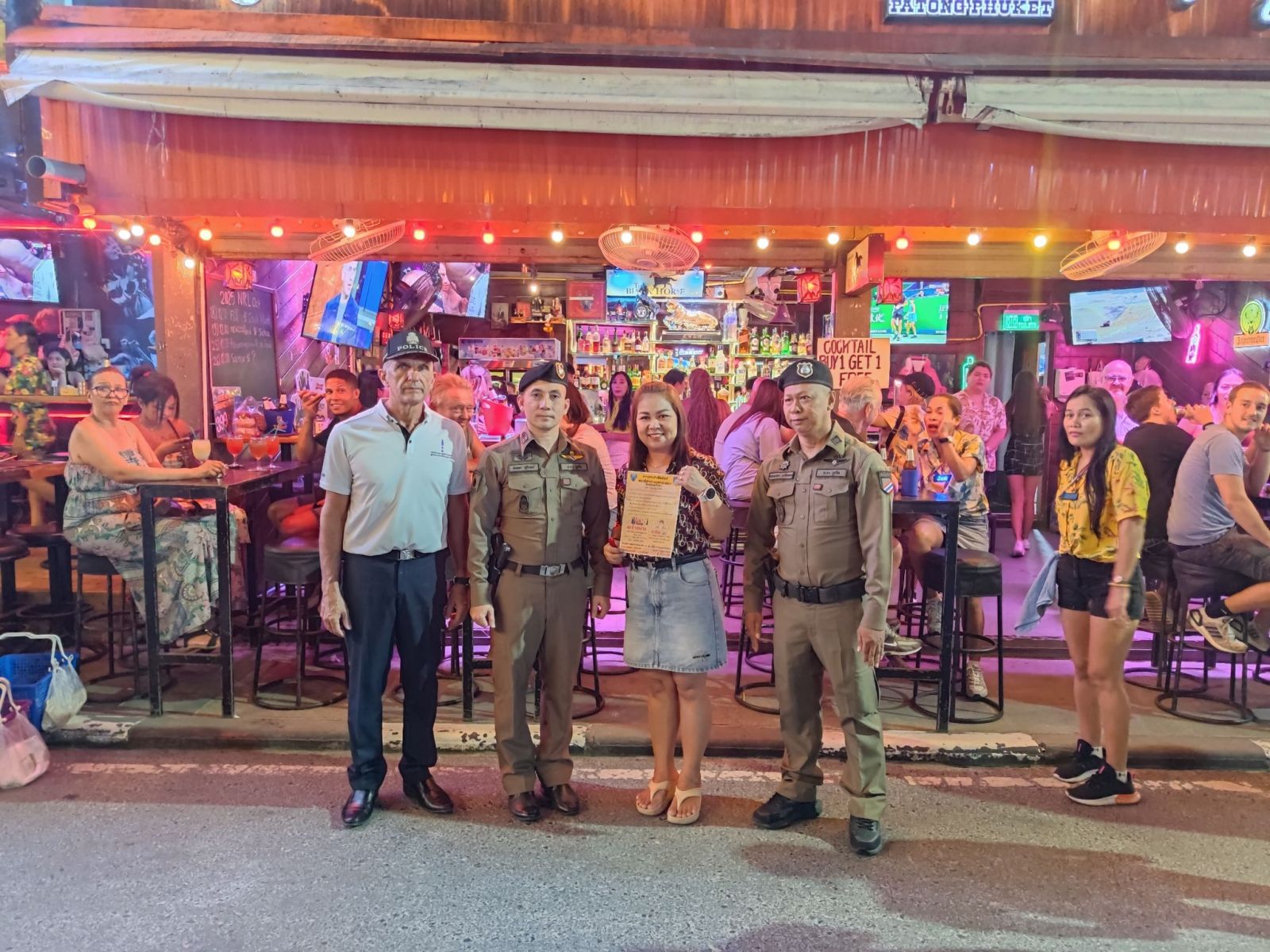
The comments followed clarification attempts by Patong Police Chief Police Colonel Chalermchai Hernsawat, who confirmed that alcohol sales were banned during Buddhist holidays at general stores, convenience shops, and restaurants not registered as entertainment venues. However, he acknowledged that overlapping regulations from the Interior and Public Health ministries had made enforcement murky.
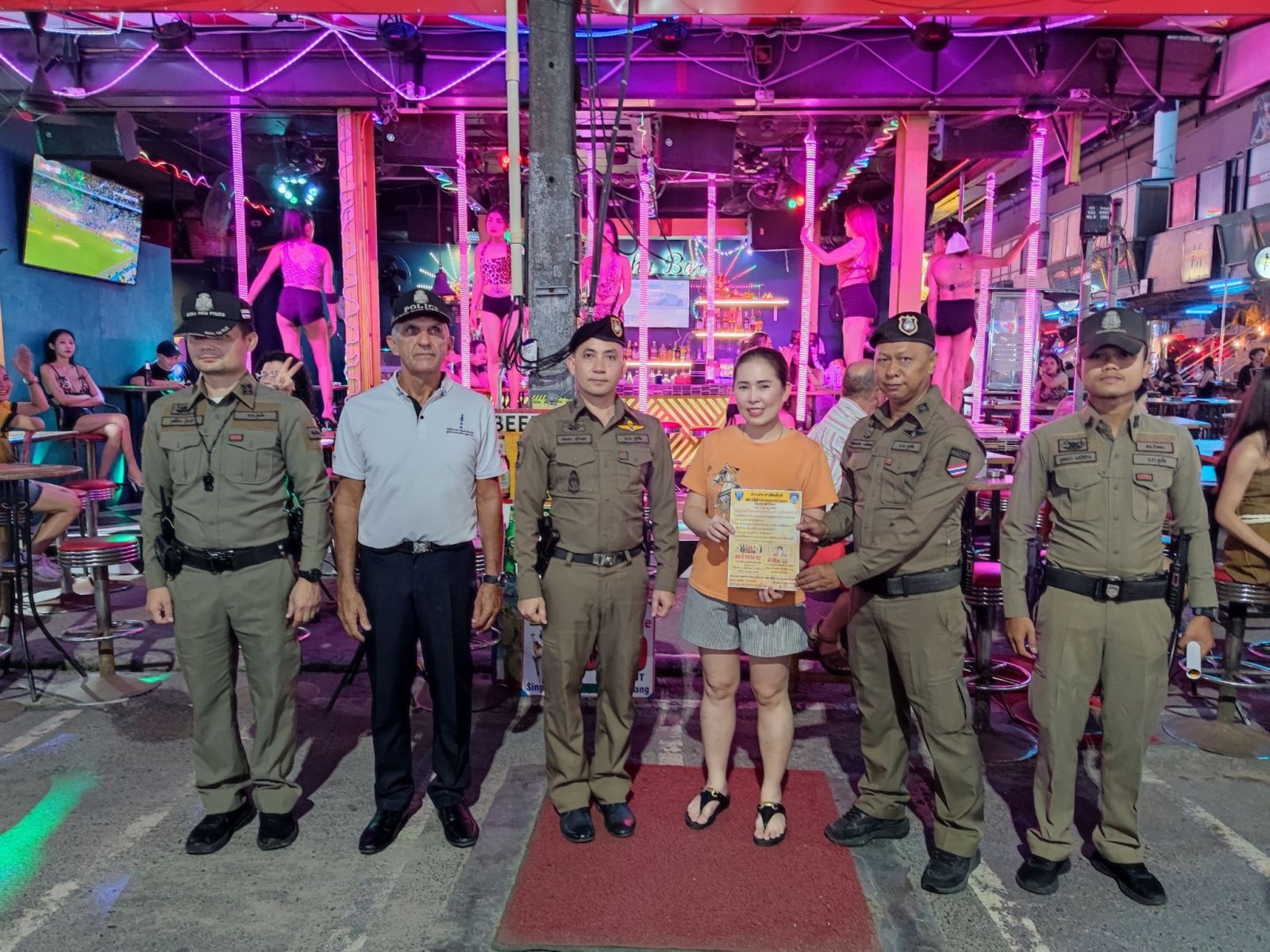
Patong Police conducted inspections and “public relations exercises” on October 7 to inform operators of the rules, but made no arrests.
Despite this, many businesses chose to close for 24 hours following the police’s public notice. Ironically, venues on Bangla Road, the epicentre of Phuket’s party scene, were exempt, as they are licensed entertainment venues located in a designated tourist zone, reported The Phuket News.
“This confusion only shows why reform is essential. It’s time to stop using vague laws as tools for corruption and start building a transparent system that supports both tourism and fairness.”
Latest Thailand News
Follow The Thaiger on Google News:


























